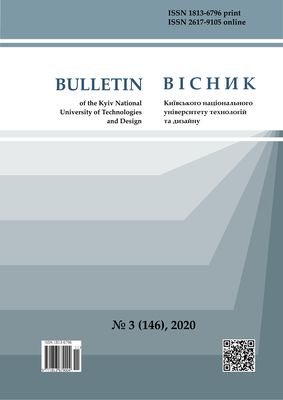EVALUATION OF MOTOR-COMPRESSOR ENERGY EFFICIENCY USING CONTROL SYSTEMS OF A HOUSEHOLD REFRIGERATOR
DOI:
https://doi.org/10.30857/1813-6796.2020.3.5Keywords:
fuzzy logic, regulator, simulation model, transient process, vapor-compression cycleAbstract
Determining the rational structure of the automatic control system of the motor-compressor, which provides minimal energy losses when switching on and going to a steady state mode of operation of a household refrigerator. The methods of simulation modeling, comparative analysis, research of control systems and the main provisions of technical thermodynamics and the theory of automatic control are used in the work. The paper considers the principle of operation of the refrigeration unit of a household refrigerator, schematically shows its main elements and the relationship with the steam compression cycle. Simulation models of automatic control systems based on proportional-integral-differential controller, fuzzy and hybrid controllers have been developed. The proposed models allow to evaluate the quality of temperature control in the refrigeration compartment and to determine energy losses during transients. The results of computer simulation of transients in temperature control systems due to changes in the performance of the motor-compressor and the obtained values of power losses are presented. It is established that the smallest losses of the electric power at instant increase of heat inflows in refrigerating department occur at application of a fuzzy regulator. It is determined that the use of fuzzy controllers in automatic control systems reduces the duration of transients, the time of the first negotiation, the number of oscillations, but leads to static error and increases the maximum deviation from the set temperature in the refrigerator compartment. Simulation models of control systems of the motor-compressor of a household refrigerator for assessment of quality of regulation and definition of losses of the electric power during transient processes are developed. The ways to increase the energy efficiency of household refrigerators through the introduction of control systems with fuzzy regulators are proposed.

